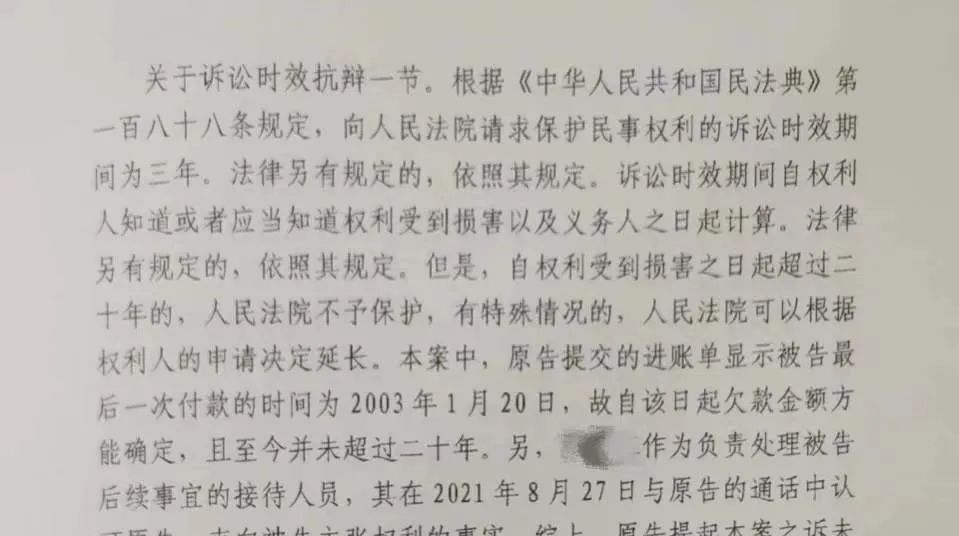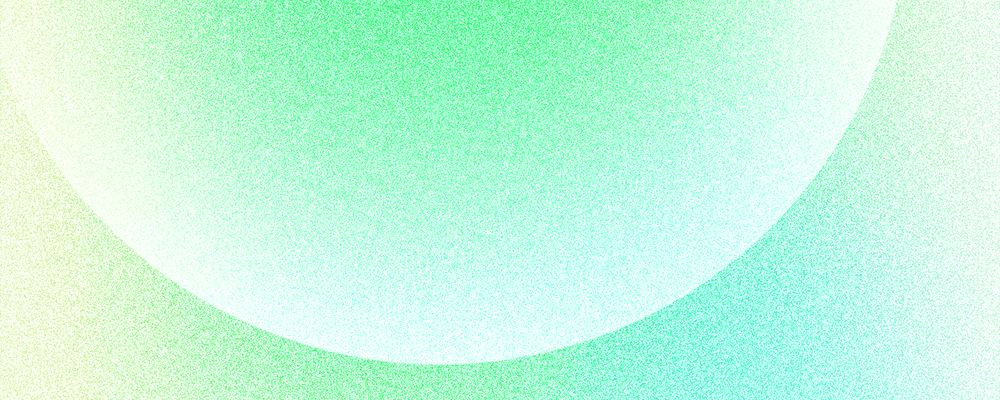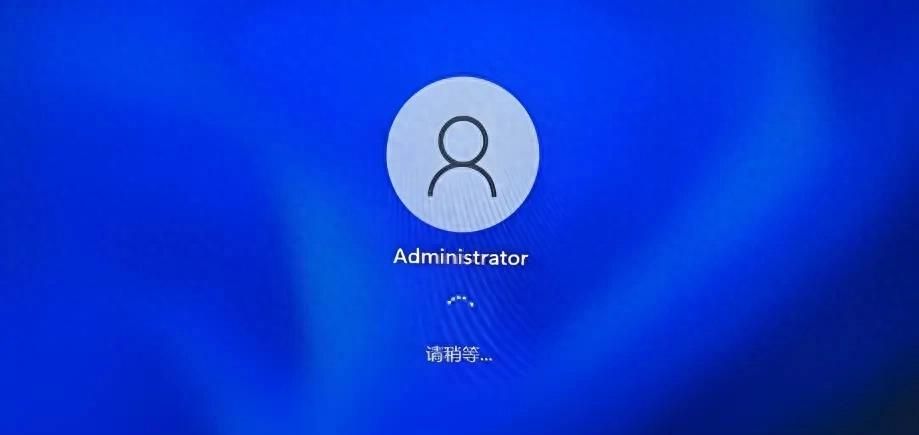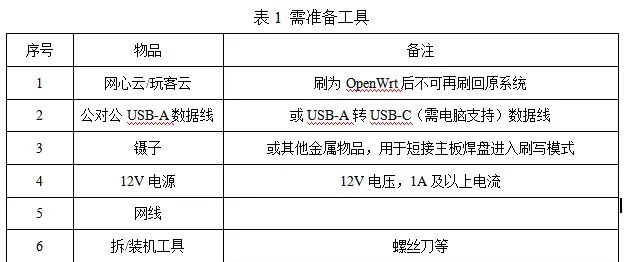实现全尺寸带圆角的渐变边框,核心是通过 border-image 或 background-clip 两种方案,前者更直接控制边框,后者通过背景模拟边框效果。
你提的这个需求很典型,在现代 UI 设计中超级常见,两种主流方案各有适用场景,下面具体说明。
方案一:border-image 方案(直接控制边框)
该方案通过 border-image 属性将渐变作为边框背景,配合 border-radius 实现圆角。但需要注意,border-image 本身不支持圆角,需额外嵌套一层元素来实现视觉上的圆角裁剪。
实现步骤
- 外层容器设置 border-radius 和 overflow: hidden,用于裁剪内层的渐变边框。
- 内层元素设置 border(控制边框宽度)、border-image(加载渐变)和 border-radius(与外层一致)。
- 渐变通过 linear-gradient() 或 radial-gradient() 定义,方向和颜色可自定义。
代码示例
<div className='app'>
<div className='gradient-border-box'>
<div className='gradient-border-content'>
BUTTON
</div>
</div>
</div>
.app{
width: 100%;
height: 30vh;
background-color: #222;
position: relative;
display: flex;
justify-content: center;
align-items: center;
}
/* 外层容器:负责裁剪圆角 */
.gradient-border-box {
position: relative;
border-radius: 12px; /* 最终的圆角大小 */
overflow: hidden;
padding: 2px; /* 等同于内层边框宽度,控制边框厚度 */
}
/* 内层元素:实际内容区 + 渐变边框 */
.gradient-border-content {
border-radius: 10px; /* 比外层小 2px(外层 padding 值),避免边框被覆盖 */
border: 2px solid transparent; /* 透明边框,为 border-image 占位 */
border-image: linear-gradient(45deg, #6366f1, #ec4899) 1; /* 渐变作为边框图像 */
padding: 20px; /* 内容区内边距 */
color: #fff;
}
优缺点
- 优点:语义清晰,直接操作 border 属性,兼容性较好(支持 IE11+)。
- 缺点:需要嵌套两层元素,border-image 本身不支持圆角,依赖外层裁剪。

方案二:background-clip 方案(背景模拟边框–推荐)
该方案通过 background-clip: border-box 让背景覆盖边框区域,再配合 padding 模拟边框宽度,无需嵌套元素,结构更简洁。
实现步骤
- 给元素设置 border-radius 定义圆角。
- 通过 background-image 定义两层背景:第一层是内容区背景(纯色或其他),第二层是渐变背景(模拟边框)。
- 使用 background-clip 分别控制两层背景的显示范围,padding-box 限制内容区背景,border-box 让渐变覆盖边框区域。
- 设置 padding 控制 “边框” 的宽度,border 需设为透明(避免默认边框遮挡)。
代码示例
<div className='app'>
<div className='gradient-border-single'>
BUTTON
</div>
</div>
.app{
width: 100%;
height: 30vh;
background-color: #222;
position: relative;
display: flex;
justify-content: center;
align-items: center;
}
.gradient-border-single {
width: 300px;
height: 100px;
border-radius: 12px; /* 圆角大小 */
border: 2px solid transparent; /* 透明边框,确保 background-clip 生效 */
padding: 20px; /* 内容区内边距,与边框无关 */
text-align: center;
display: flex;
justify-content: center;
align-items: center;
font-size: 40px;
font-weight: 550;
color: #fff;
/* 两层背景:第一层内容区背景,第二层渐变边框背景 */
background-image:
linear-gradient(#222, #222), /* 内容区背景(纯色,可替换) */
linear-gradient(135deg, #06b6d4, #8b5cf6); /* 渐变边框背景 */
/* 控制背景显示范围:内容区背景只在 padding 内,渐变覆盖到边框 */
background-clip: padding-box, border-box;
background-origin: padding-box, border-box; /* 确保背景定位与 clip 一致 */
}
优缺点
- 优点:单元素实现,结构简洁,border-radius 直接生效,无需额外裁剪。
- 缺点:背景与边框耦合,若内容区需要复杂背景(如图片),需额外处理层级。

两种方案对比
|
对比维度 |
border-image 方案 |
background-clip 方案 |
|
元素结构 |
需嵌套两层 |
单元素即可 |
|
圆角兼容性 |
依赖外层裁剪,视觉一致 |
原生支持,无兼容性问题 |
|
内容区背景 |
独立,可复杂 |
需与边框背景分层,略复杂 |
|
边框宽度控制 |
内层 border 宽度 |
外层 padding 间接控制 |
|
浏览器兼容性 |
IE11+、现代浏览器 |
Chrome 49+、Firefox 48+ |
结尾交付物提议
要不要我帮你整理一份 可直接复用的渐变边框代码模板,包含两种方案的完整示例、颜色变量配置和响应式适配代码,你直接替换颜色和尺寸就能用?

© 版权声明
文章版权归作者所有,未经允许请勿转载。如内容涉嫌侵权,请在本页底部进入<联系我们>进行举报投诉!
THE END





















暂无评论内容